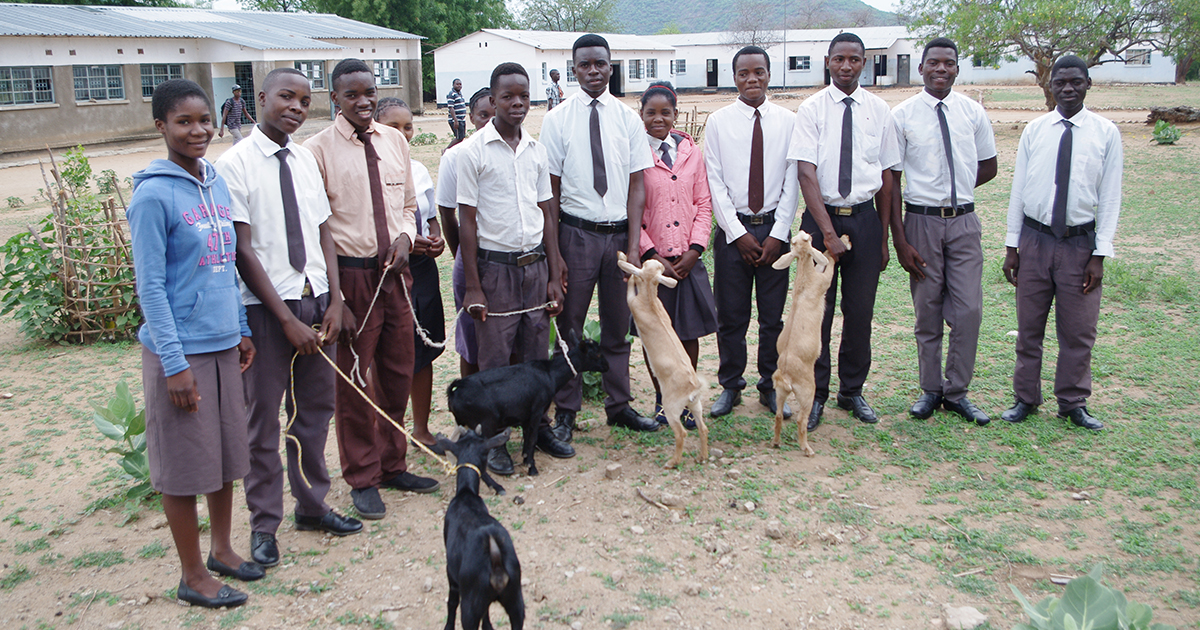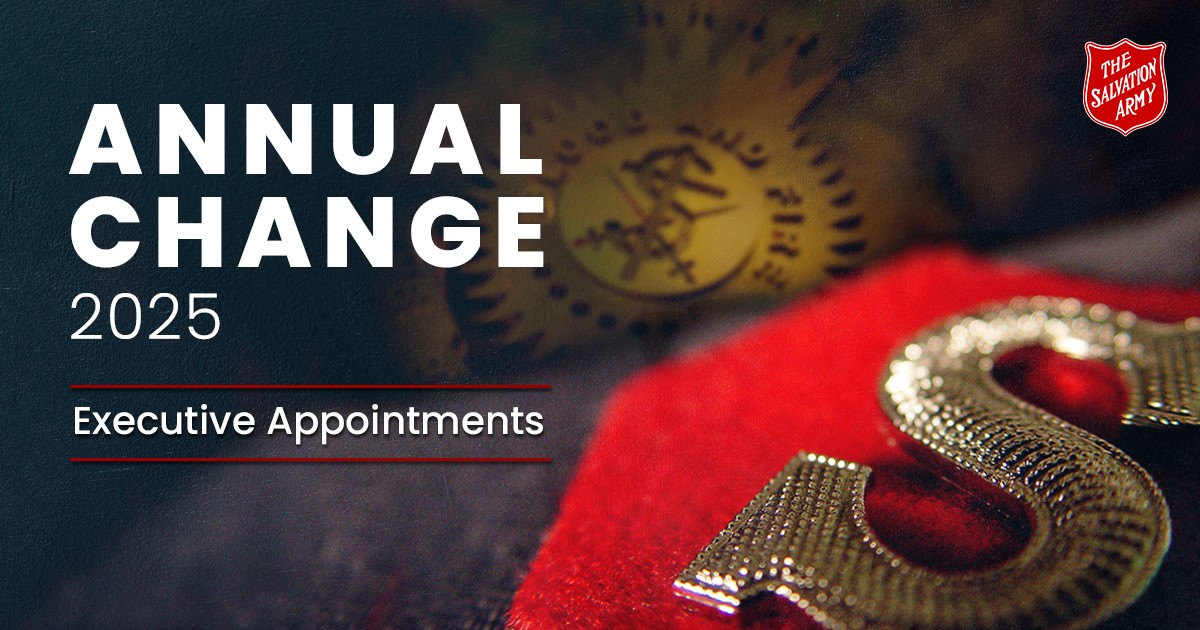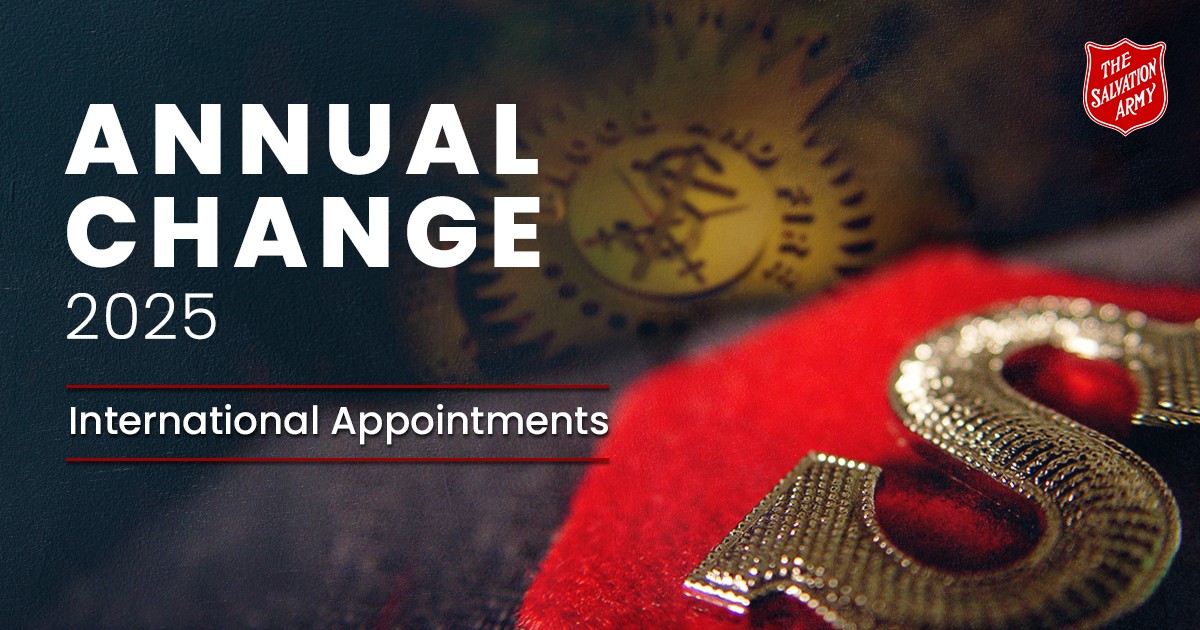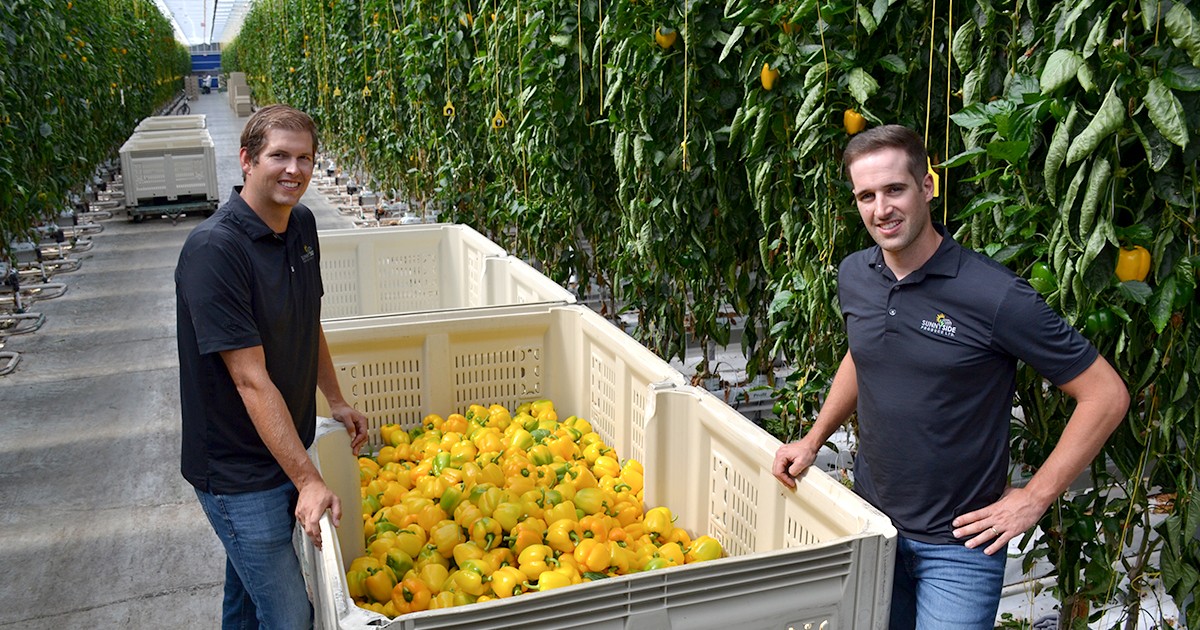In 2014, I sat in Toronto’s Pearson Airport ready to embark on a journey. At the time, I was enrolled in a master of theological studies program in urban and international development and was completing my practical hours at The Salvation Army’s territorial headquarters (THQ) world missions department (now international development). As part of my required hours, I had the opportunity to join a food study tour to Sierra Leone and Burkina Faso with Canadian Foodgrains Bank.
During my 10 days in western Africa, my eyes were opened to the very real, everyday battle of hunger. Day after day, I would sit with individuals and community leaders listening to their stories and their struggles. Much of our time was spent with farmers who relied solely upon the land and the crops they grew to not only provide daily food for their family but also a small income that might allow their children to attend school. For many of those individuals, the story was the same—there was never enough food.
Year-Round Struggle
In 2001, the United Nations Food and Agriculture Organization defined food security as “a situation that exists when all people, at all times, have physical, social and economic access to sufficient, safe and nutritious food that meets their dietary needs and food preferences for an active and healthy life.” This definition is in line with the UN’s Sustainable Development Goal 2, which states that by 2030, we will “end hunger and ensure access by all people, in particular the poor and people in vulnerable situations, including infants, to safe, nutritious and sufficient food all year round.”
However, it is important to remember that just because someone may have food to eat every day, it is not always sufficient, safe or nutritious. Food security goes beyond simply having something to eat. As I witnessed on my trip to Africa, too many individuals and families struggle with food insecurity year round.
Focus on Food
Being hungry affects us in many ways. Imagine a child who must walk long distances to and from school every day, sit in class for hours on end, and all on an empty stomach. Imagine a farmer who spends hours every day in the hot sun, battling a failing crop due to lack of rain, worrying how he will provide for his family.
Seven years after that trip to Sierra Leone, I have completed my master’s degree, written a thesis on food security in Sierra Leone and currently have an appointment at THQ in the international development department.
Our department is involved in many projects around the world, and bringing food security to individuals and families is a focus for many of them:
• In Zimbabwe, we are currently supporting students at two different schools. At both, there is a food program incorporated into the project to ensure the students are not attending school hungry. For some children, the meal they receive at school may be the only one they have all day.
• In Zambia, we started a goat program. The goats provide milk for the family and are also a source of extra income.
• In the Caribbean, we are supporting The Salvation Army Cave Valley Public School, where Santina Bembridge’s daughter, Ganeilia, attends. Santina says the school is a blessing for the community because sometimes life is hard and she cannot find lunch money. But she doesn’t have to worry because she knows that when her daughter goes to the school, they will provide a nutritious meal for her.
Worthy Goal
In many parts of the world, the vast majority of the poor (approximately75 percent) living in developing regions are mainly located in rural areas and depend on agriculture for their livelihoods.
The international development department is actively involved in several agricultural projects. In partnership with Canadian Foodgrains Bank, it has been supporting a three-year conservation agriculture and food security project in Mangochi District, Malawi. There, farmers are struggling to produce enough food due to several consecutive years of drought and flood, with declining crop yields and household income as a result. Through this project, more than 400 vulnerable farmers have been receiving training and support on conservation agriculture practices. As a result, many farmers were able to double and triple their harvests.The project’s sustainable agriculture practices will support the farmers, not only to plant and harvest enough food for their families but also to invest in future crops, children’s education, health and family well-being.
October 16 has been designated by the UN as World Food Day. This comes just days after Thanksgiving, when many of us will sit with family and enjoy a large meal together. Maybe this year we will not only give thanks for what we have but also reflect on the millions of people around the world who have far less than we do and challenge ourselves to help work toward the UN’s 2030 goal of ending hunger.
Major Heather Matondo is the sponsorship co-ordinator for The Salvation Army’s international development department at territorial headquarters in Toronto.
This story is from:










Leave a Comment